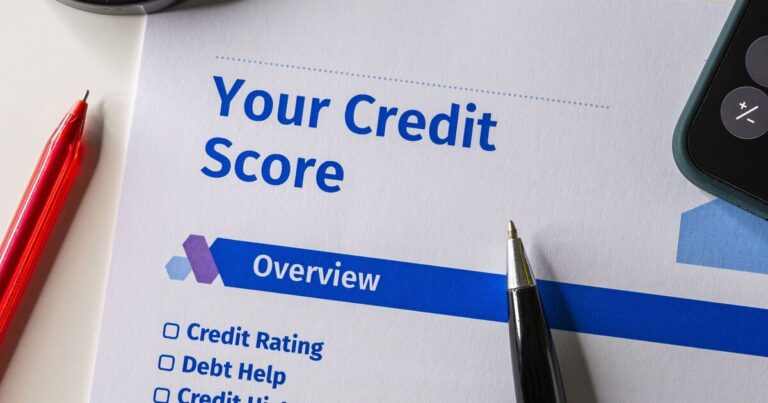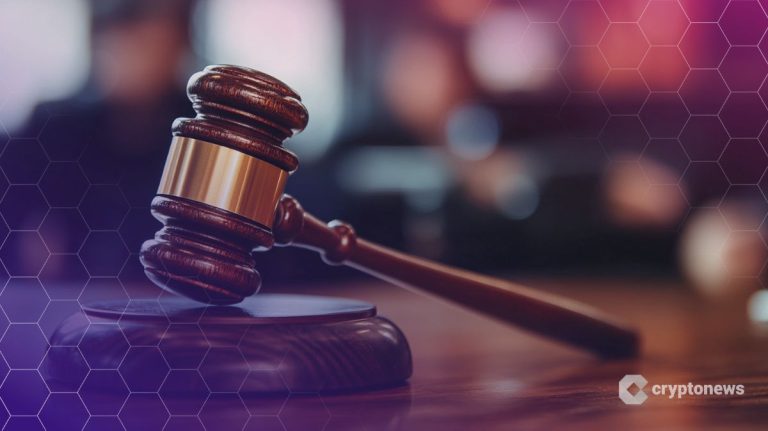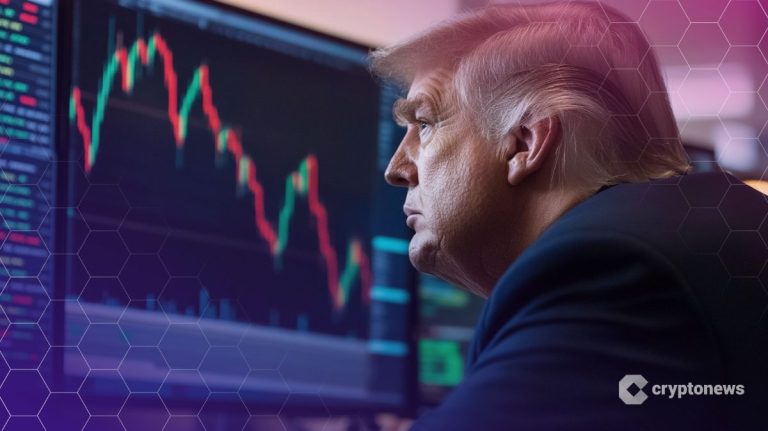Last updated:
 Why Trust Cryptonews
Why Trust Cryptonews

Hong Kong’s financial regulator has granted its third license under the new crypto trading platform regime, with plans to approve more by the end of the year.
In an interview with local media outlet HK01, Julia Leung, Chief Executive of the Securities and Futures Commission (SFC), confirmed that HKVAX is the latest firm to receive a license to operate as a crypto exchange in Hong Kong.
This follows earlier approvals for OSL and HashKey, which are already licensed to provide crypto trading services.
11 More Platforms Are Under Consideration
Leung highlighted that 11 other platforms are currently on the SFC’s “deemed-to-be-licensed” list, which includes firms that have submitted applications under the new regime.
The SFC has conducted initial onsite inspections of these applicants and has asked them to make necessary adjustments to comply with regulatory requirements.
Leung expressed the regulator’s aim to issue more licenses in batches by year-end.
HKVAX provides over-the-counter trading, exchange services, and custody solutions.
Anthony Ng, co-founder and CEO of HKVAX, stated that the license aligns with Hong Kong’s ambition to solidify its role as a leading financial hub.
“This approval affirms HKVAX’s position and demonstrates Hong Kong’s commitment to being at the forefront of the virtual asset industry,” Ng said.
Hong Kong’s approach to crypto regulation gained momentum in June 2023, when it formally implemented a licensing framework for crypto trading platforms, enabling them to serve retail investors.
The move was seen as a bid to attract more crypto firms to the city.
However, not everyone is satisfied with the regulatory framework.
Duncan Chiu, a local lawmaker, criticized the rules as “excessively stringent,” suggesting they have deterred some global exchanges from entering the Hong Kong market.
On March 28, 2024, HKVAEX, suspected to be affiliated with Binance, withdrew its license application.
Subsequently, on May 14, IBTCEX, QuanXLab, and Huobi HK followed suit, followed by Gate.HK on May 22, OKX HK on May 24, and Bybit (Spark Fintech Limited) on May 31.
Meanwhile, Bullish and Crypto.com remain on the SFC’s list of pending applicants.
Crypto Exchange Applicants Face Uncertainty After Inspections
As reported, 11 Hong Kong cryptocurrency exchanges, which initially received provisional approvals, have come under regulatory scrutiny.
This came after the city’s SFC conducted on-site inspections of these “deemed-to-be-licensed” platforms and found several practices that fell short of regulatory expectations.
The inspections revealed that some crypto firms are overly dependent on a limited number of executives for the custody of client assets, raising concerns about their ability to manage these responsibilities effectively.
Additionally, some exchanges were found lacking in robust measures to protect against cybercrime.
The SFC has not disclosed which specific firms failed to meet the standards, and the inspections are still ongoing, leaving the possibility of further findings.
The SFC warned that platforms unable to address critical deficiencies identified during inspections could face the removal of their “deemed-to-be-licensed” status or have their license applications rejected outright.


















